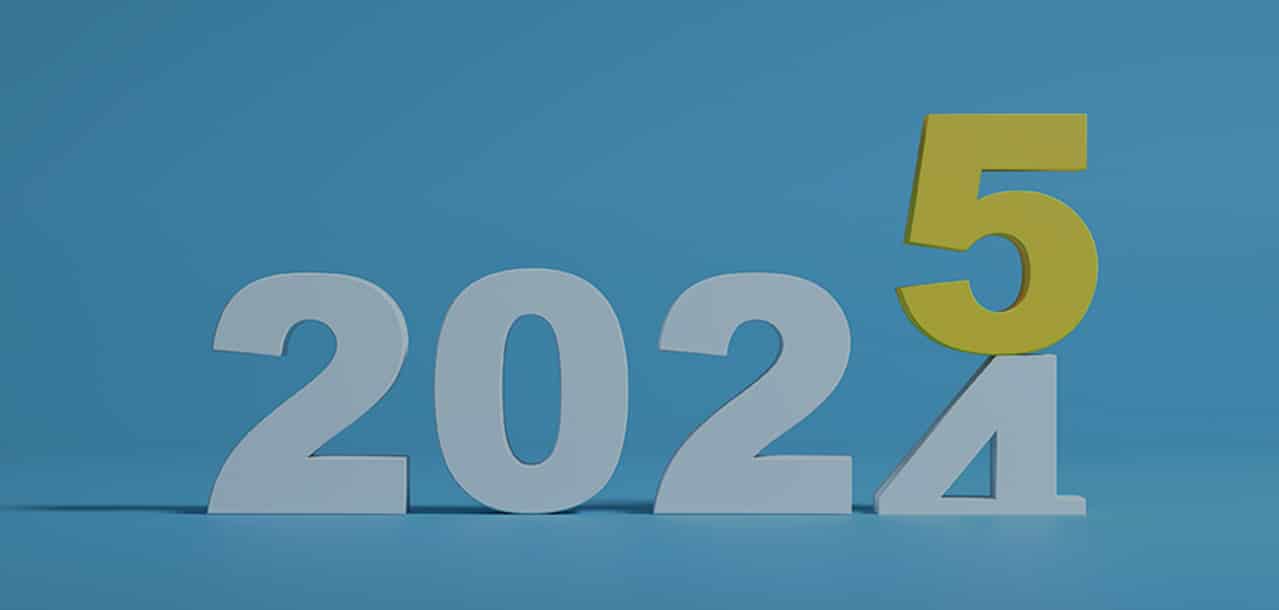Steering Point Articles

Finding Purpose: Lessons from a Murmuration
In a murmuration, every bird doesn’t act independently or chaotically…This synchronicity arises because of a shared, instinctual understanding of their purpose: to survive and thrive together. Similarly, when we discover our “why,” it becomes easier to align our actions with our values and goals. Purpose acts as a filter for decisions, helping us move cohesively toward what matters most. Without this clarity, we risk veering off course, much like a murmuration would dissolve without its guiding instinct.

AI’s Dirty Secret
Behind the seamless digital experiences powered by AI lies a hidden truth: the technology is an energy-intensive beast. Its appetite for electricity, water, and rare earth metals is accelerating, creating environmental consequences that threaten to overshadow its advancements.

People Development Trends
As we approach 2025, we outline some of the key trends that are shaping the landscape of people development. Organisations adapt to these changes to enhance employee engagement, retention, and performance.

The Last Taboo: Religion in the Workplace
Over the past decade, the workplace has seen a push not just for greater inclusion, but for more authentic self-expression. Employees are now encouraged to bring their whole selves to work, with conversations around race, gender, and sexuality becoming mainstream. Yet, one form of diversity remains in a grey area: religion.

Strategies for a Productive End to the Year
As the back end of November approaches, we find ourselves in a period that often tests the resilience of even the most motivated amongst us. The final stretch of the year can feel like trudging through treacle — fatigue is high, holiday plans and parties are abundant, and the temptation to ease off is hard to resist. It’s easy to slip into autopilot, coasting through until January with the expectation that the fresh calendar will bring a renewed sense of purpose.

Why You Should Read
In a world dominated by rapid advancements in technology and an endless stream of information, reading, for many, is a once-loved pastime that has become difficult to maintain. Yet, as business leaders, entrepreneurs, and professionals increasingly emphasise, reading is not only relevant but crucial for success in today’s competitive business landscape.

What Does Donald Trump’s Second Coming Mean for Ireland?
The predictions of an extended period of stress during which none of us could be certain what would happen proved false. In the end, it was all over quickly. No need for days of counting, court procedures to declare state victories, or bloody insurrections as denialism spread. Donald Trump is the President-elect. He won quickly and emphatically. To lean on an old cliche, the result was shocking but not surprising.

Should You Consider Going Freelance?
It may sound oxymoronic, but increasingly workers are edging towards freelancing because they feel it offers greater security than a more traditional nine to five role. This goes against the general, predominating understanding of freelancing –– that the freedom and flexibility it affords are a trade off against the instability intrinsic to not having a full-time employer.

Unlocking the Power of Intentional Development
Intentional development can be as simple as regular self-reflection, using a coach or seeking out challenging projects. Studies reveal that targeted learning, even in short increments, can boost one’s capacity for self-regulation and adaptability, with immediate benefits to personal accountability.

Developing a Morning Routine that Works for You
Part and parcel of a CEO’s obligations now is to explain to anyone who will listen just how strict a morning routine they maintain. We’ve all been inundated with increasingly braggadocious tales of early mornings, workouts and ice baths, as if, were it not for such tales, the CEOs in question worry the wider public may start to doubt that their fortunes were quite so meritocratically earned.

Flow Follows Focus: The Power of Setting and Executing Intentions
Setting medium- and long-term goals isn’t just an exercise in planning; it’s a strategy to tap into realising your potential. In today’s fast-paced environment, taking the time to clarify objectives for 2025 and 2026 is prudent. Understanding how setting objectives translates into a sense of purpose and flow not only boosts motivation but also ensures practical steps align with the big picture.

Through Transformation and Stability, you can Realise Full Potential
Stability during transformational change ensures that the workforce remains grounded, processes continue efficiently, and the overall organisational capacity is not lost in the transition. When this balance is struck, the true ability within the organisation is realised, allowing it to fully leverage its strengths and embrace the new direction.